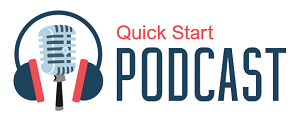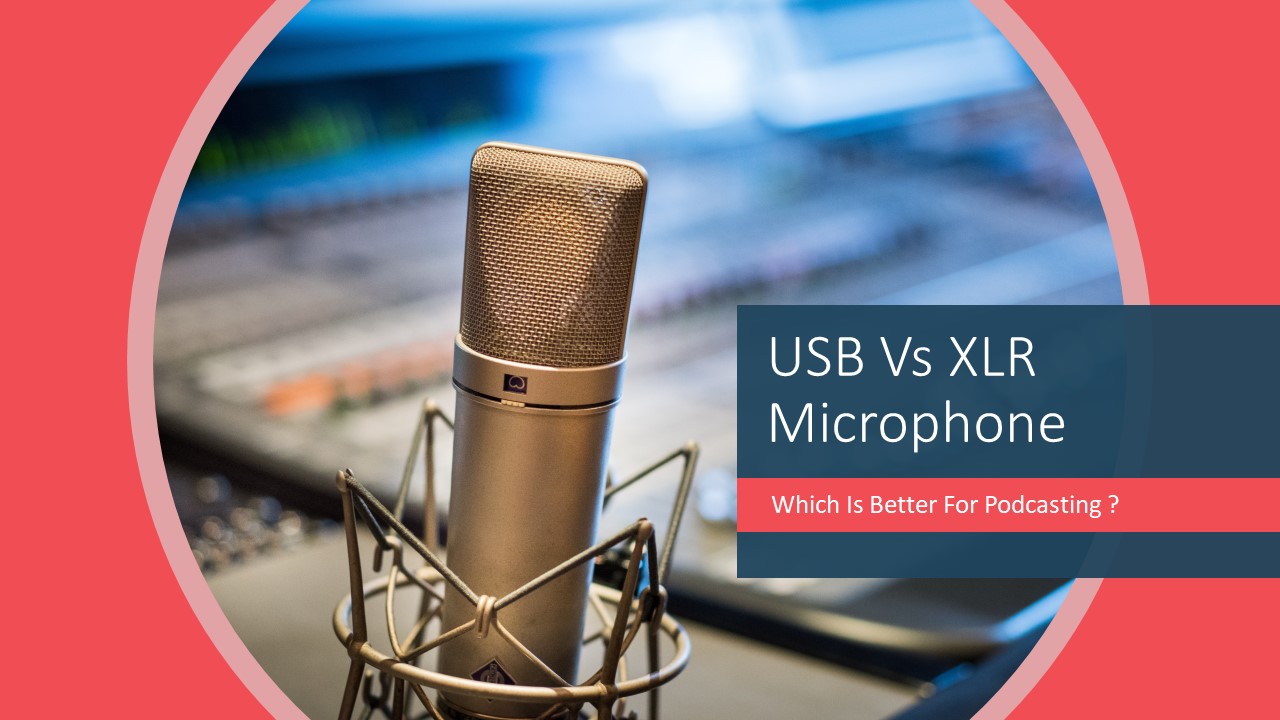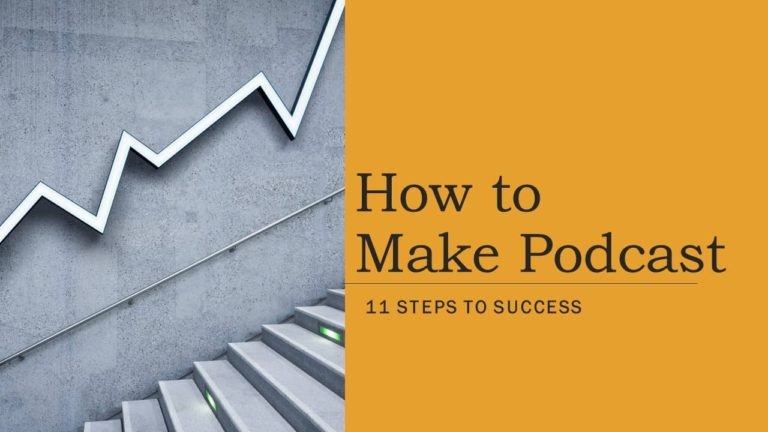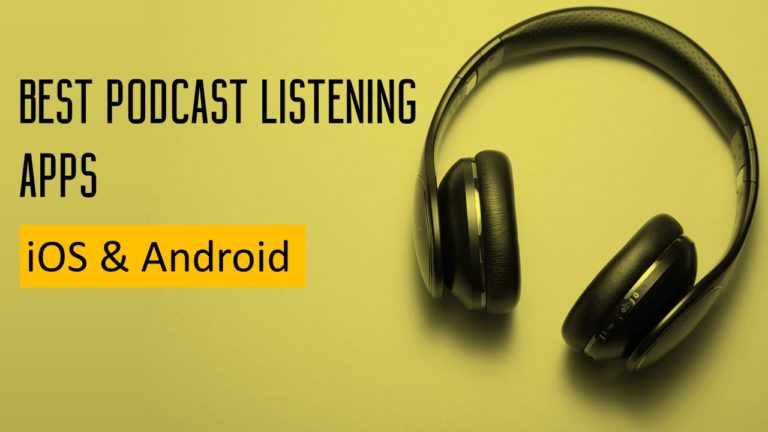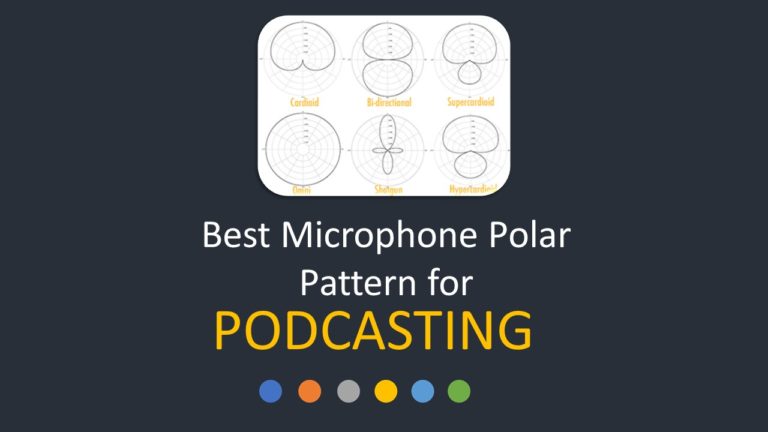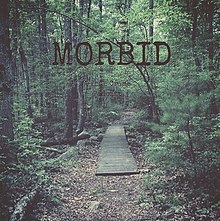USB Vs XLR Microphone : Which Is Best for Podcasting & Vocals ?
Selecting the right microphone for podcasting is really important. Podcasting is an audio-based communication and the quality of audio matters the most. Selecting the right connectivity for your microphone is important and that’s where USB vs XLR microphone interfaces come into picture. This will decide the cost and scalability of your setup.
USB Vs XLR Microphone? , What’s the difference between usb and xlr microphone and which you should select ?
The main difference between USB and XLR microphone is the connection with recording device. USB microphone has a standard USB A type connection, while XLR Mics have a three pin connection known as XLR3. If you are recording alone on your PC or MAC go for USB microphone. If you want a scalable setup with multiple mics then go for XLR.
If you are using an iPhone for podcast recording then you should take a look at these external microphones for iPhone. You will also need a pop filter for your microphone. Read all about it here.
If you are looking to buy a USB or XLR microphone then below are our favorite picks. You will never go wrong with these.
As an Amazon Associate I earn from qualifying purchases
You can also watch this short video which summarizes USB vs XLR microphone topic.
What matters in a podcast microphone?
In many cases listeners will unsubscribe the podcast if the quality of audio is not up to the mark. While selecting the microphone there are many aspects to look at such as …
- Audio quality
- Type of connection: USB or XLR
- Type of technology: Dynamic or Condenser
- Polar Pattern
- Portability
- Durability
- Looks and aesthetics (depends on your use case !!)
Thinking about starting a podcast? Don’t dive in without a plan— register for Power-Up Podcasting 2.0, an online course by Pat Flynn, to learn how to strategize a podcast that builds your audience and increases the growth potential of your business.
Start your podcasting journey today! Click HERE to register for the Power-Up Podcasting 2.0 course by Pat Flynn! A Step-By-Step Course to Launch a Successful Podcast that Gets Found and Grows Your Online Brand.
Let’s discuss now about USB vs XLR microphone.
What is a USB microphone?
There are two different ways of connecting your microphone to your recording device using either USB or XLR.
The Full form of USB is Universal Serial Bus. Universal Serial Bus (USB) is an industry standard used to define the connectors, cables and communication protocols between computers and with other electronic devices.
Most computers have one or more USB ports. There are different versions of USB ports such as USB 2.0, 3.0 and 3.1. Later versions offering higher data transfer speeds. All these are USB Type A connections.
USB Type C is also a new interface but currently most of the microphones in the market feature a USB Type A connection only and any of the version is sufficient for data transfer requirements of a podcasting microphone.
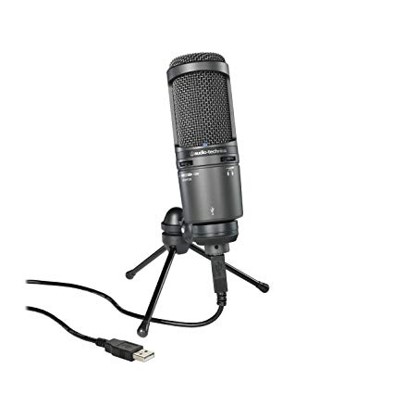
Advantage of USB Microphone
Mics with the USB connector can be connected directly to your computer which makes it extremely easy to just connect the mic to your computer and select it as the microphone or input source in the settings in many cases.
This will happen automatically in most cases. You can then open the recording software of your choice such as Audacity on Windows or Garage Band on MAC. Confirm the correct mic is selected and start recording.
Its that simple for a USB mic to be used for recording. USB Mics really shine in this regard in the battle of USB Vs XLR Microphones.
Disadvantage of USB Microphone
While USB microphones are extremely easy to set up for one person to record. It gets much harder however, if you want to have more than one microphone for a guest or co-host in your podcast.
Connecting multiple USB mics into one computer can be tricky and may not be possible with most computers or recording software.
Quality of audio is generally good, and you will not have any complaints. One must remember though that USB is not the most preferred type of connection for professionals as they have to deal with multiple mics and mixers, where XLR is a far better and an Industry standard option.
Examples of USB Microphones for podcasting
What is an XLR Microphone?
An XLR connector is a type of electrical connector primarily used in professional audio/video equipment. XLR stands for “External Line Return”.
The connections used in Audio recording is more specifically known as XLR3. It has three pins.
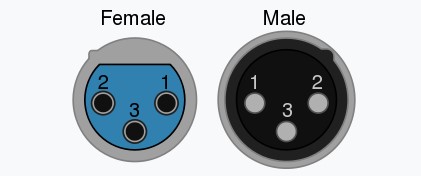
More details can be found here on Wikipedia.
Advantage of XLR Microphone
When we compare usb mic vs xlr , an XLR connection allows you to connect your mic into any professional audio interface recording device or mixer. This means that you can scale up your podcast later with more number of guests or co-hosts. You can have more than one microphones connected to a recording device through to a computer. USB Microphone will have a limit there.
Disadvantage of XLR Microphone
However, this added flexibility means you need a bit more equipment to record your podcast. If you only want to connect one mic to your computer, you can use an audio interface, this easily allows you to connect any XLR microphone to your computer and gives you easy control over microphone and headphone levels.
If you want to use multiple microphones, then you’ll need a mixer or a multi-channel audio interface. This will allow you to connect and record multiple microphones on a SD card or directly on your computer though USB connection. If you want to know more then you can read our article Audio Interface or Mixer : Which is better for podcasting?
Comparing usb mic vs xlr , an XLR microphone will be a little bit more costly as it requires more equipment to record.
Our top picks for XLR Microphones for Podcasting.
USB mic vs XLR for singing
Singing and podcasting are similar in nature and both need certain audio quality. Both USB and XLR microphones will well for singing. Singing has more dynamics involved compared to podcasting and in most cases will be recorded in studio.
Considering this you can follow any of our recommendations in USB or XLR section to select USB vs xlr mic for singing. You should also check out our post on Dynamic vs condenser microphone for podcasting. Dynamic mics are preferred for singing at non recording room situations and for recording rooms condenser mics are better.
Summery USB Vs XLR Microphone :
Decision between USB Vs XLR Microphone depends on your use case.
So, in summary, if you just want to record yourself for your podcast a USB mic is the easiest way to get started.
If you are starting out alone but want more flexibility and opportunities for later extension, then an XLR microphone coupled with an audio interface is a good choice.
If you want to include multiple guests in your podcast, then using an XLR mic with an audio interface with multiple inputs or and audio mixer is a better choice.
Welcome to your podcasting journey with quickstartpodcast team.
Below paragraphs have links to all our posts in a logical manner starting from being a podcast listener to being a podcast creator.
The podcast Listener phase :
The podcasting journey generally begins with various questions such as what is a podcast , what a podcast is used for ? how to listen to a podcast , what are the best android and iOS apps to listen to podcast .
Depending upon the things that you like you will search for fiction podcasts , educational podcasts etc. Most of the people restrict their journey in podcasting to this level. They just end up being listeners to podcasts. Some of then take the next leap of faith and decide to start their own podcast.
Podcast creator Phase :
How to start your podcast ? is the main question they are faced with . Once that you have decided to start a podcast , what should be the name of the podcast , what should be the podcast format , which podcasting niche should you chose , what should be episode titles , what are popular podcast formats and what should be mine and so on ..
What is the right equipment for creating a podcast , what are the best XLR , USB , Condenser and dynamic microphones available. Can I record my podcast in an iPHONE , What should be the polar pattern , should I use an audio interface or a mixer , do I need a POP filter . There are so many question . How much podcasting will cost me , what are different setups based on my budget.
Once you in the journey of podcasting you will need to decide how should be a great podcast intro , how to record the podcast , how to record podcast online , how to test the mic , what should be length and frequency of my podcast , how to make great sounding podcasts and finally how to make money from podcasting ? ..
Whats is a podcast host and do I need one ?? , Uploading podcasts to google podcast and Apple podcasts are also crucial steps.
The journey starts from being a podcast listener going all the way to being a great podcast creator and quickstartpodcast is there with you in all this journey.
If you are a photographer or videographer then you can read about action cameras and 3 point slinger for camera.
